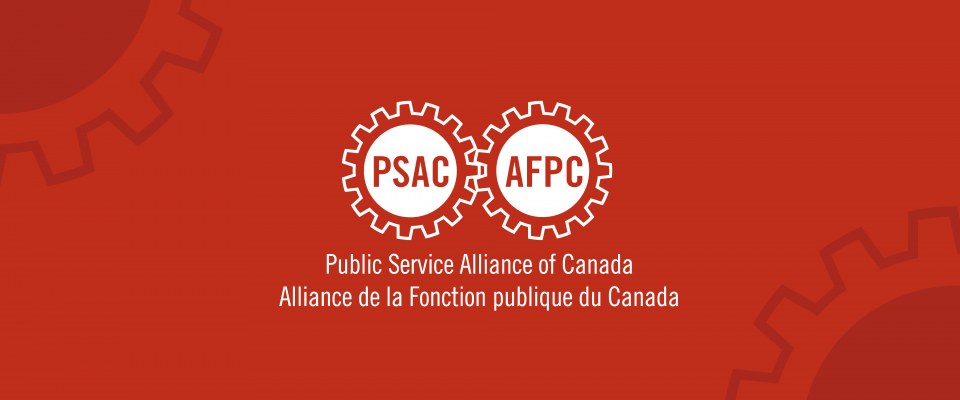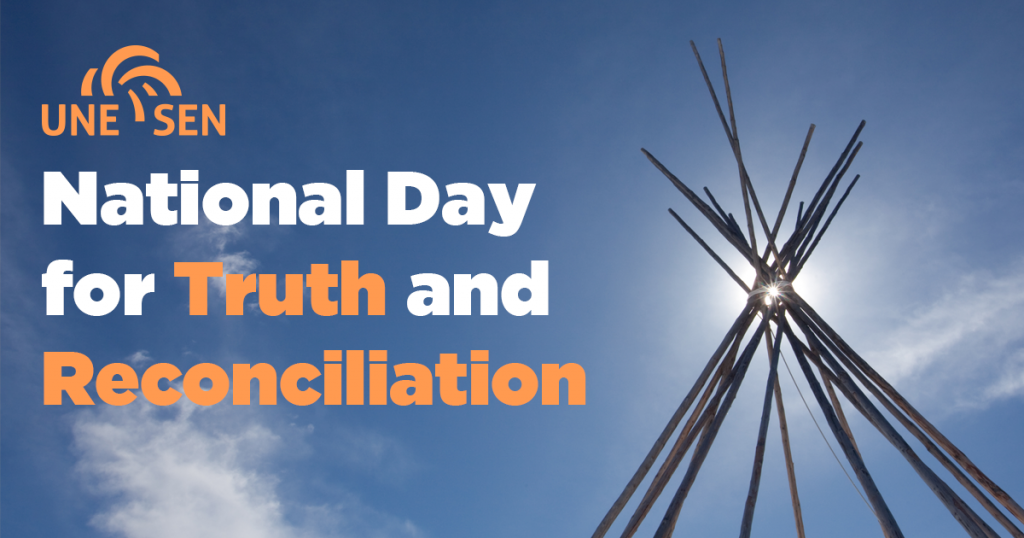
October 6, 2021
The federal government released its vaccination policy for federal public service workers October 6, mandating vaccinations for all employees in federally regulated workplaces, including more than 160,000 PSAC members.
Treasury Board has encouraged Crown corporations, agencies, and the Canadian Forces to implement similar policies, but this policy will not immediately apply to them.
Read the full vaccination policy
PSAC fully supports a federal vaccination policy to protect the health and safety of our members and the Canadians they serve. We know that increasing vaccination rates is the best and most reliable way to slow the spread of COVID-19 in our workplaces and our communities and encourage our members to be vaccinated.
However, if the goal is to keep the workplace healthy and safe, this policy still falls short.
The government rushed their vaccination policy without meaningful consultation with the unions representing federal public service workers. Treasury Board gave unions less than a single business day to provide feedback on their policy, and then failed to incorporate any of the changes into their final policy. Our union supports the government’s vaccination framework, but how it is applied matters, and we expect the employer’s implementation of the policy will respect:
- Members’ privacy rights: Any personal information collected must be shared on a need-to-know basis only and collected and stored for a limited period and in keeping with the Privacy Act.
- Bargaining rights: Bargaining agents should be included in meaningful consultation as these frameworks and policies evolve, including adequate time to provide feedback and input.
- Human rights: Members’ human rights must be protected under the Canadian Human Rights Act, including the duty to accommodate.
- Health and safety: Workplace health and safety committees must be consulted about the implementation of the policy.
- Equity and inclusion: The policy must consider the adverse impacts of the policy on historically disadvantaged groups of employees, including racialized, Black and Indigenous employees.
- Consistency: The government’s vaccination policy should also apply to federal contractors and the general public who interact with federal public service workers to ensure the health and safety of our members. The vaccination policy also needs to be applied consistently across federal departments and agencies.
- Fairness: Employees who are required to be vaccinated or who experience side effects should not have to use their own sick leave banks, and this should not be left up to the discretion of individual managers.
While the vast majority of PSAC’s membership is fully vaccinated, PSAC will continue to represent unvaccinated members who have punitive action taken against them as a result of their vaccination status.
We’ll continue to work to ensure the implementation of the policy protects the health and safety and human rights of our members while ensuring their rights to privacy are respected.
Keep your member info up to date to receive all the latest updates about the government’s vaccination policy, bargaining issues and more.








